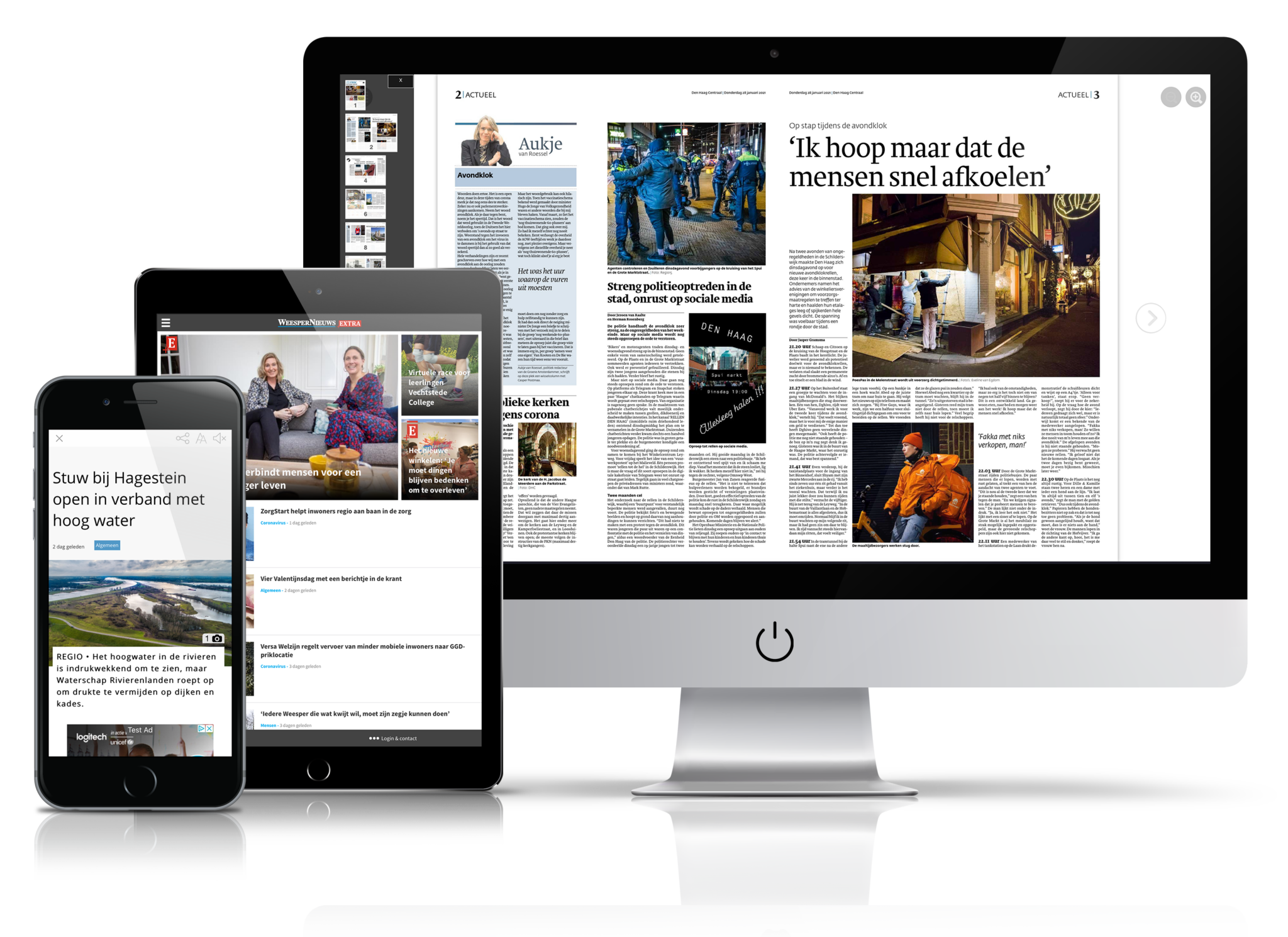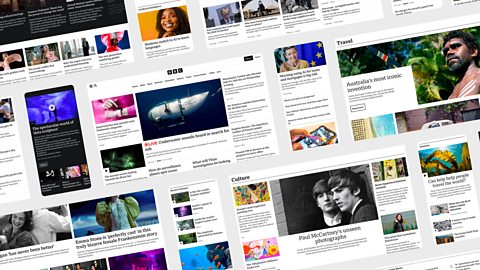The Only Guide for News Websites
The Only Guide to News Websites
Table of ContentsGetting The News Websites To WorkThe Only Guide for News WebsitesMore About News WebsitesNews Websites Can Be Fun For EveryoneAll About News Websites
It was down in the UK and Brazil however up a few other nations, such as Greece, Bulgaria, and Poland (News Websites). This year, for the very first time, we asked concerning the different ways that people avoid the news and found that around half of avoiders (53%) were trying to do so in a broad-brush or regular method for example, by switching off the radio when the information began, or by scrolling past the information in social media sitesYou stated that you try to actively stay clear of information.

I'm probably picking to learn more light-hearted tales than I utilized to presently. M, 51, UK Switching my back on news is the only way I feel I can deal in some cases. I need to knowingly make the effort to transform away for my own psychological health and wellness.
The Definitive Guide to News Websites
Discerning evasion of Ukraine news was highest possible in much of the countries closest to the dispute, reinforcing findings from our added study last year, right after the war had started. Our data might not recommend a lack of rate of interest in Ukraine from neighboring countries however instead a need to take care of time or protect mental wellness from the really real horrors of battle.
Contrasting Finland with a politically polarised nation such as the United States (see next chart) that is much less influenced by the battle, we find a very different pattern of subject evasion. In the USA, we locate that consumers are more probable to prevent topics such as nationwide politics and social justice, where debates over issues such as gender, sexuality, and race have ended up being very politicised.
American national politics are rather toxic these days. I discover often that I need to separate from tales that simply make me mad. F, 61, USA For some individuals, bitter and disruptive political debates are a reason to turn off news entirely, however, for some political partisans, avoidance is typically regarding shutting out point of views you don't intend to listen to.
Fascination About News Websites
Some are wanting to make news a lot more easily accessible for hard-to-reach groups, widening the news agenda, commissioning more inspiring or favorable news, or welcoming useful or solutions journalism that provide people a sense of hope or individual company. In our study this year, we asked respondents concerning their interest in over here these various methods.
This clarifies why stories like Ukraine or nationwide politics perform well with news regulars yet can at the same time transform much less interested users away (News Websites). Discerning avoiders are much less thinking about all kinds of news than non-avoiders however in loved one terms they do seem to be a lot more have a peek at this site curious about positive or solutions-based news

The 7-Second Trick For News Websites
2023). This may hold true in the minute, however in time it appears to be leaving lots of people empty and much less pleased, which may be threatening our connection with and rely on the information. Across markets, overall count on news (40%) and trust in the resources people utilize themselves (46%) are down by an additionally 2 percentage factors this year.
Undoubtedly, through the rear-view mirror, the COVID-19 trust fund bump is clearly noticeable in the complying with chart, though the instructions of travel after that has been blended. Sometimes (e.g. Finland), the trust boost has been kept, while in others the upturn looks more like a blip in a story of continued lasting decline.
Several of the highest reported degrees of media criticism are discovered in nations with highest degree of suspect, such as Greece, the Philippines, the USA, France, and the United Kingdom. The most affordable levels of media criticism are often in those with higher degrees of trust, such as Finland, Norway, Denmark, and Japan.
An Unbiased View of News Websites
This year we asked participants regarding their choices for message, audio and video when taking in news online. Generally, we find that the majority still prefer to read the news (57%), as opposed to watch (30%) or pay attention to it (13%), yet more youthful people (under-35s) are more probable to listen (17%) than older groups.
Behind the standards we locate considerable and unusual country differences. In markets with a strong analysis practice, such as Finland and the UK, around eight in ten still favor to review on the internet information, however in India and Thailand, around four in 10 (40%) say they choose to watch information online, and in the Philippines that percentage is over half (52%).